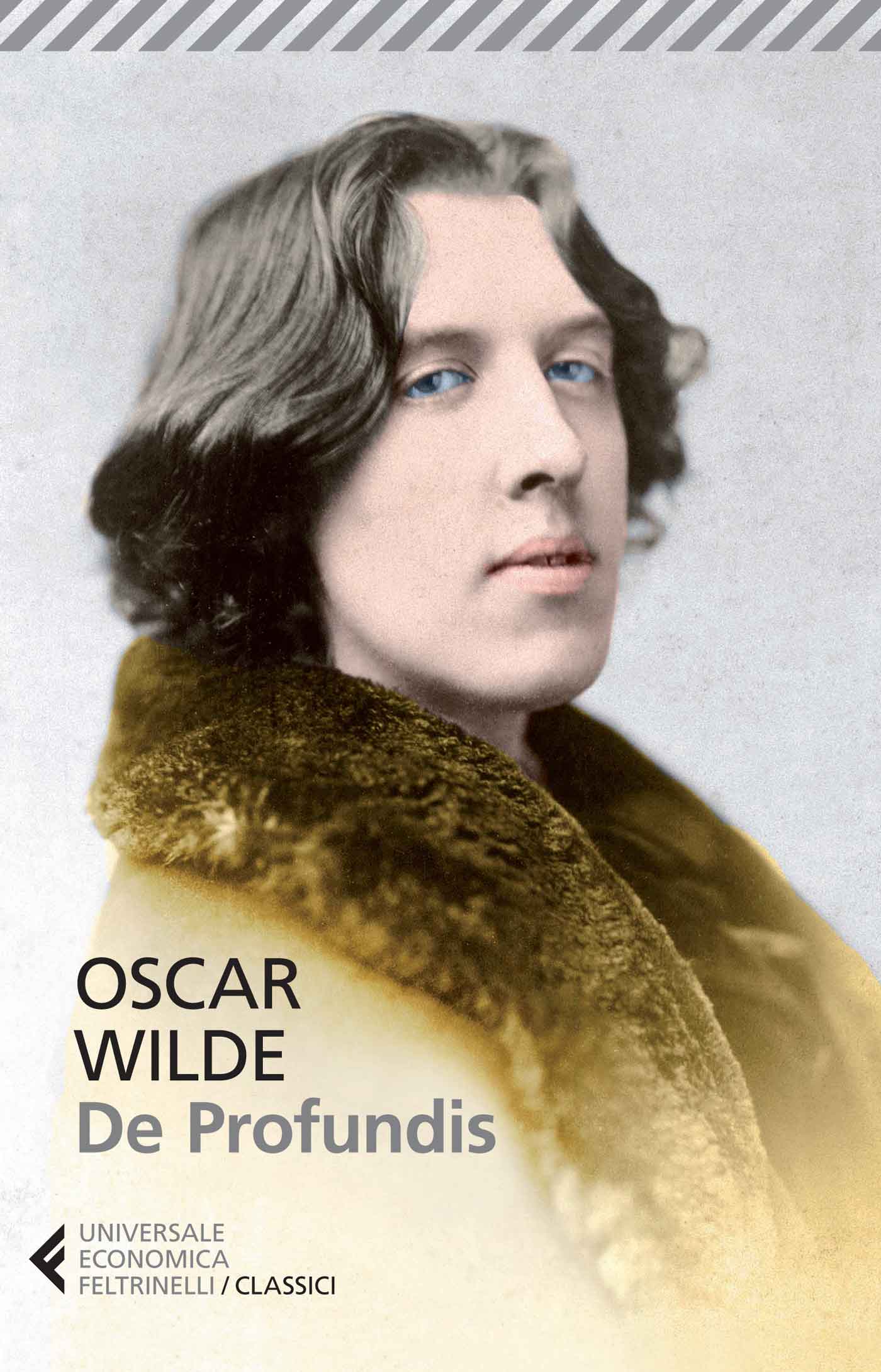



Particularly in the case of Lord Arthur, Wilde presents a commentary on the boredom of the upper class. I found this to be especially interesting when considering the theme destiny and fortune telling in Lord Arthur Saville’s Crime and “The Harlot’s House.” When discussing these two pieces in class, we talked about how Wilde emphasizes the class differences at play in one’s destiny. Predestination is typically described in a religious context, as a sort of divine prophesy that all events are willed by God, but Wilde maintains the role one has in their own fate. He says, “I must say to myself that neither you nor your father, multiplied a thousand times over, could possibly have ruined a man like me: that I ruined myself: and that nobody, great or small, can be ruined except by his own hand… Terrible as what you did to me was, what I did to myself was far more terrible still” (1017). He criticizes Bosie for his abuse and the role he had in his financial ruin, but Wilde recognizes how his own flawed actions brought about his downfall. Out of all of these themes Wilde is the most consistent in his views of predestination. In his scathing letter to Bosie, Wilde touches on many of the themes that occur in his poems and plays he meditates on God, the meaning of art, the dangers of overindulgence, love, and most significantly, predestination. The piece is unique in not only its emotional tone but the way Wilde discusses religion. De Profundis is by far the most raw and emotional of Wilde’s works.


 0 kommentar(er)
0 kommentar(er)
